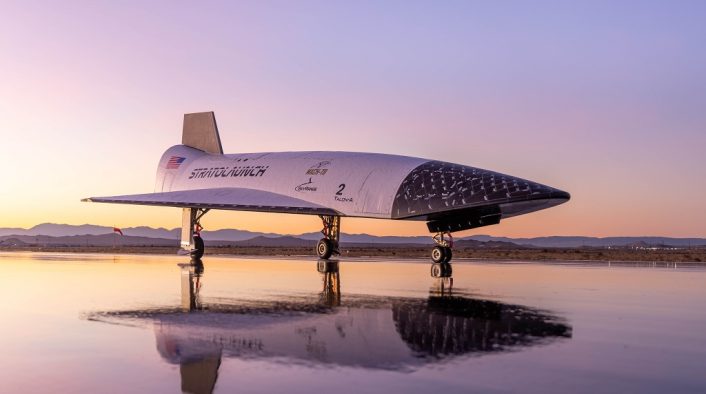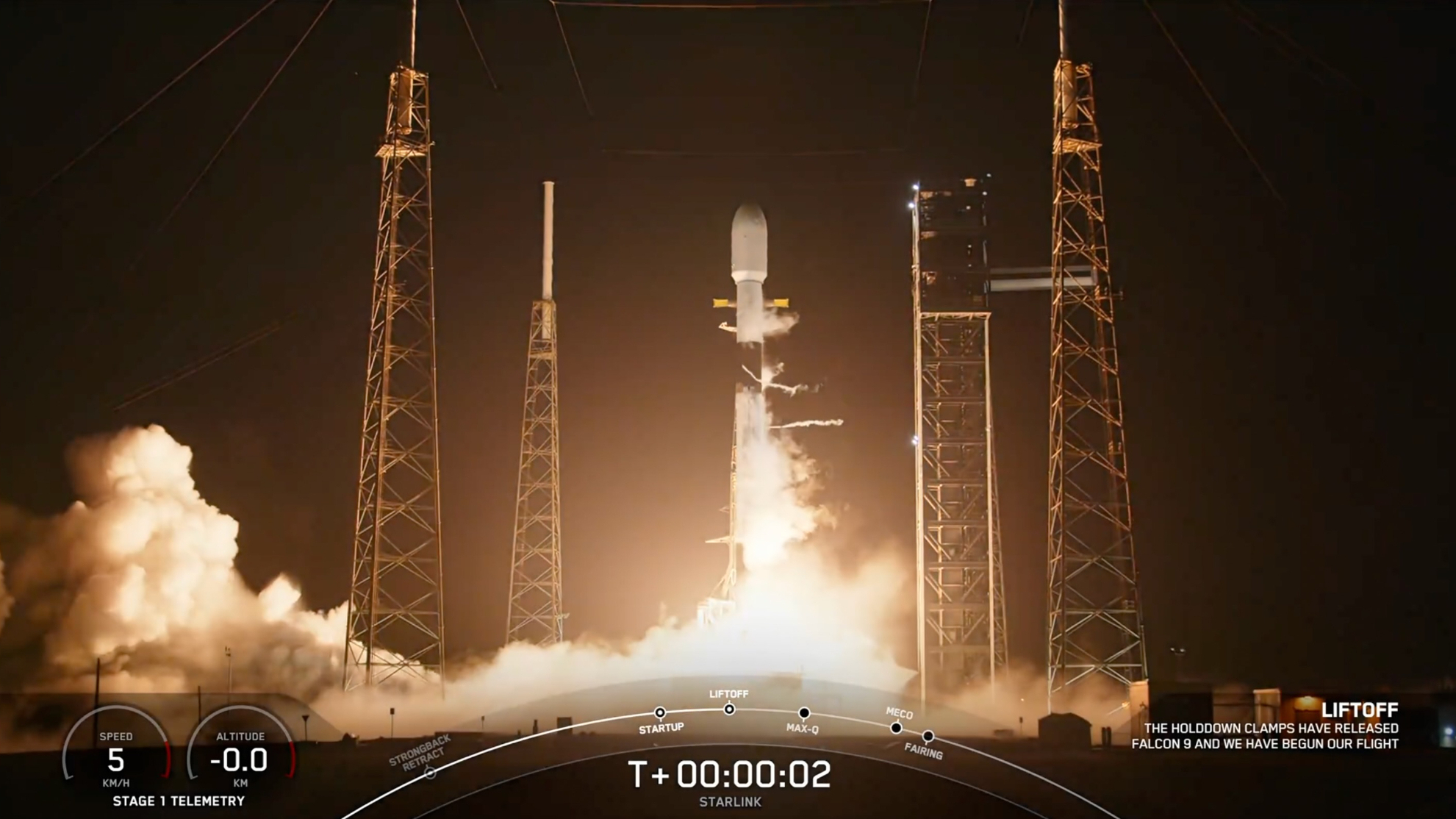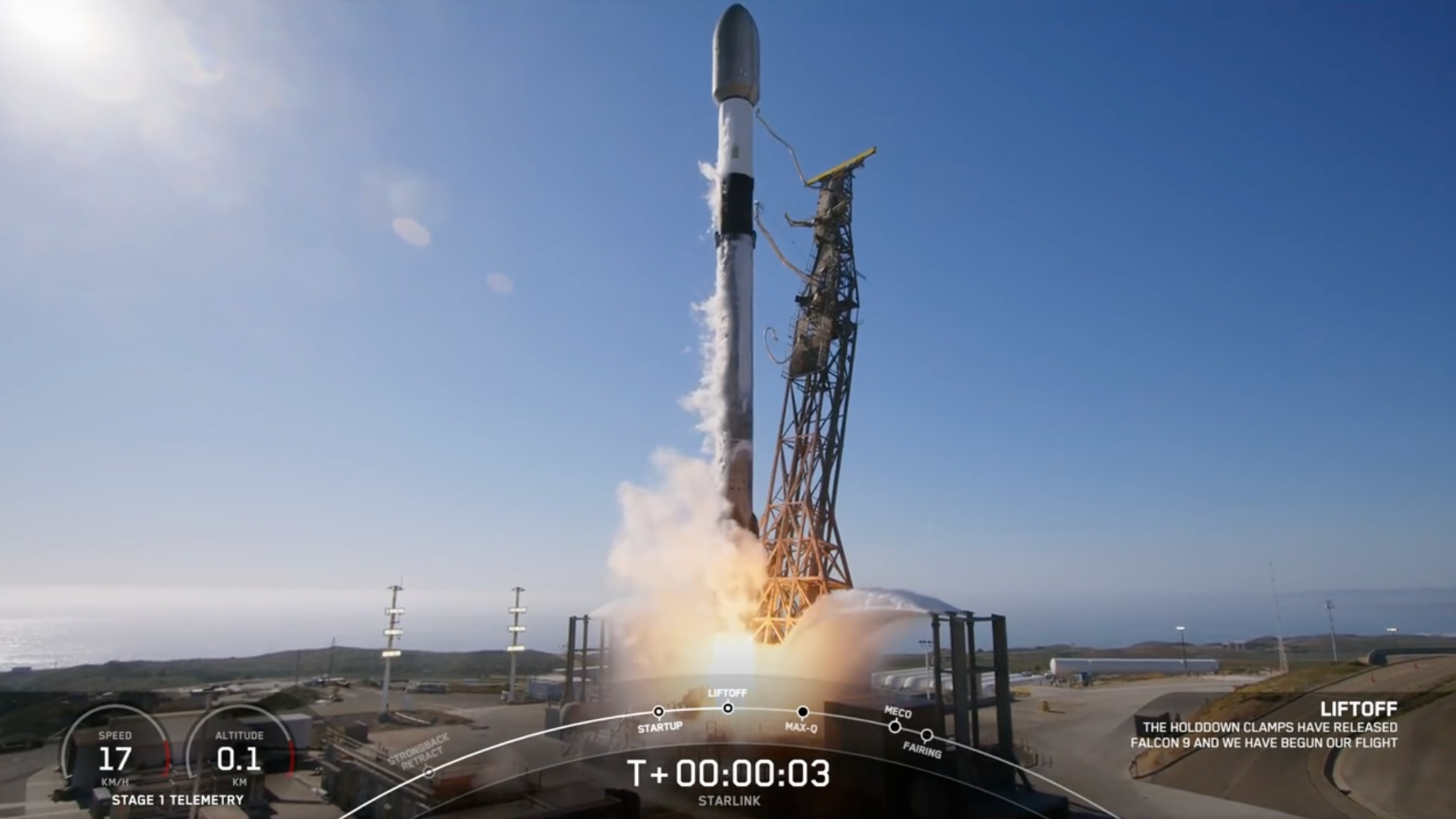Mini Starship? Chinese startup wants to make its own version of SpaceX Mars rocket
Space Epoch has raised money and started making propellant tanks.

A new Chinese startup is attempting to develop its own reusable stainless-steel rockets, apparently taking inspiration from SpaceX's next-generation Starship vehicle.
Beijing-based Space Epoch completed an angel round of funding of an undisclosed amount in August, with the ultimate aim of building and launching stainless steel rockets. And those rockets will be powered by engines that burn a mix of methane and liquid oxygen propellants, just like Starship's Raptors.
Space Epoch initially wants to develop a 210-foot-tall (64 meters) rocket capable of launching 14,330 pounds (6,500 kilograms) to a 684-mile-high (1,100 kilometers) sun-synchronous orbit.
Related: SpaceX stacks Starship and Super Heavy on launch pad ahead of orbital test flight (photos)
The new Chinese vehicle will therefore be much smaller and less powerful than SpaceX's Starship — which, when fully stacked, stands 394 feet (120 m) tall and will be able to send 110 tons (100 metric tons) into low Earth orbit — but is still a very ambitious and challenging endeavor.
Space Epoch has already made 3.0- and 4.0-meter-diameter (9.8 and 13.1 feet), thin-walled stainless steel propellant tanks for the rocket. This progress, the company says, also lays the groundwork for using stainless steel for building entire rockets.
The next steps will involve testing the tanks along with rocket engines. It is understood that the company is buying methane engines from another Chinese startup, engine maker Jiuzhou Yunjian, meaning Space Epoch does not have to develop its own engines.
Get the Space.com Newsletter
Breaking space news, the latest updates on rocket launches, skywatching events and more!
Space Epoch said in a statement that it wants to contribute to China's national space infrastructure and demand for launch capacity, targeting markets including point-to-point transportation, space tourism, space station construction and deep space exploration.
China already has a number of launch startups, which have been emerging since a 2014 government policy shift opening the space sector to private capital. These include Landspace, iSpace, Galactic Energy, Orienspace, Deep Blue Aerospace, Space Pioneer, Space Transportation and Linkspace. There are also Expace, CAS Space and China Rocket, which are spinoffs from giant state-owned firms.
Space Epoch is not only one of the newest of these companies but is also attempting something very ambitious, meaning it could be a while before we see any orbital launches from the company.
Follow us on Twitter @Spacedotcom or on Facebook.
Join our Space Forums to keep talking space on the latest missions, night sky and more! And if you have a news tip, correction or comment, let us know at: community@space.com.

Andrew is a freelance space journalist with a focus on reporting on China's rapidly growing space sector. He began writing for Space.com in 2019 and writes for SpaceNews, IEEE Spectrum, National Geographic, Sky & Telescope, New Scientist and others. Andrew first caught the space bug when, as a youngster, he saw Voyager images of other worlds in our solar system for the first time. Away from space, Andrew enjoys trail running in the forests of Finland. You can follow him on Twitter @AJ_FI.









